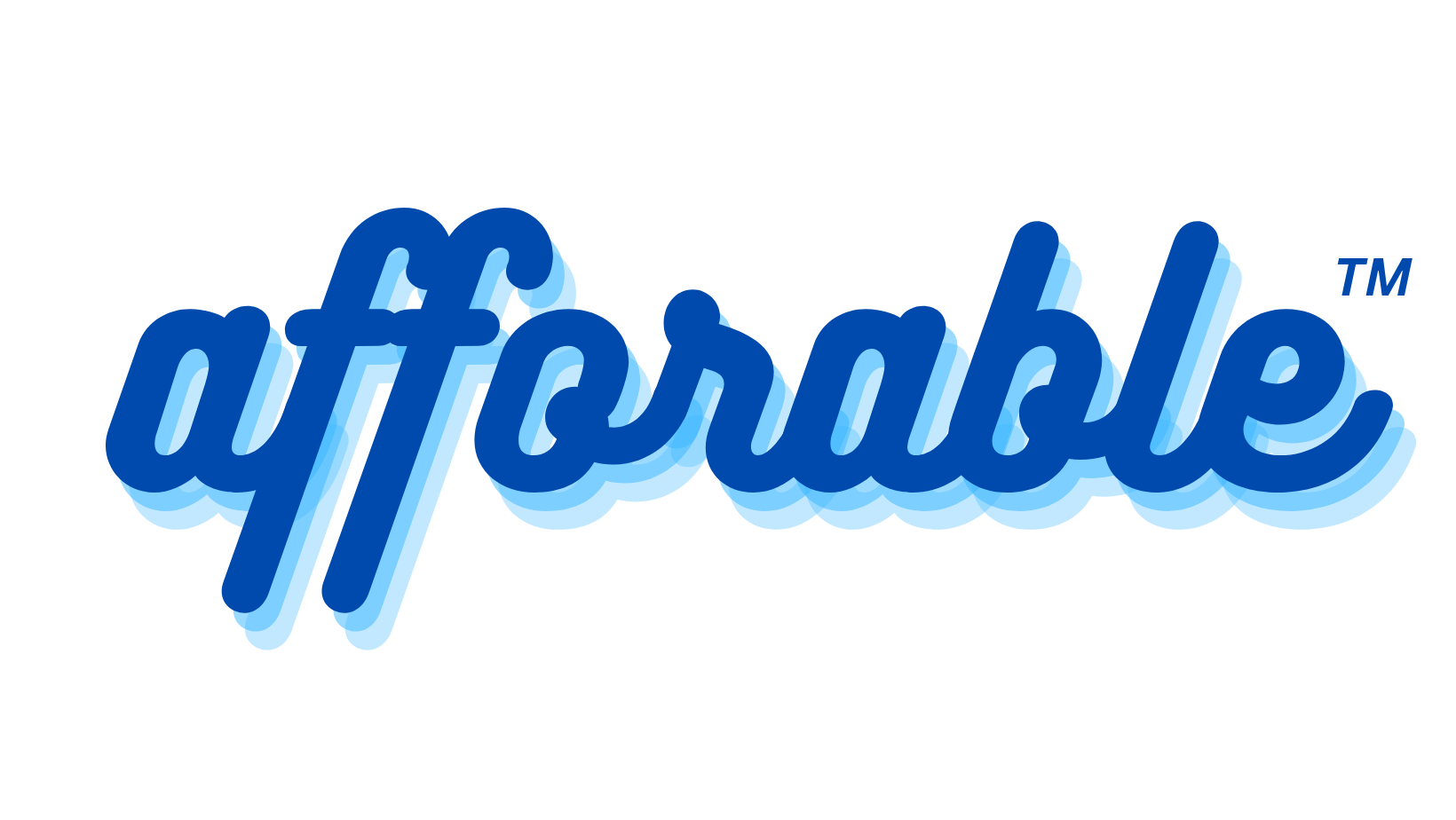Credit card debt consolidation is a financial strategy that many individuals turn to when faced with the challenge of managing multiple credit card balances and high-interest rates. In this article, we’ll explore credit card debt consolidation, what it entails, and how it can provide a pathway to financial relief.
What Is Credit Card Debt Consolidation?
Credit card debt consolidation is the process of combining multiple high-interest credit card balances into a single, more manageable debt. It involves taking out a new credit facility, such as a personal loan or a balance transfer credit card, to pay off your existing credit card debts. The objective is to simplify your monthly payments, potentially reduce your interest rates, and make it easier to pay down your debt.
Methods of Credit Card Debt Consolidation
There are several common methods of credit card debt consolidation:
- Personal Loans: You can apply for a personal loan from a bank, credit union, or online lender. If approved, you receive a lump sum that you can use to pay off your credit card debts. Personal loans typically have fixed interest rates and set repayment terms.
- Balance Transfer Credit Cards: Many credit card issuers offer balance transfer credit cards with low or 0% introductory APR (Annual Percentage Rate) periods. You can transfer your existing credit card balances to the new card, allowing you to pay off the debt without accruing interest during the introductory period.
- Home Equity Loans or Lines of Credit: If you own a home, you may be able to leverage your home equity through a home equity loan or line of credit to pay off your credit card debt. These loans typically offer lower interest rates because they are secured by your home.
Advantages of Credit Card Debt Consolidation
- Simplified Payments: Combining multiple credit card payments into a single payment can make managing your finances easier.
- Lower Interest Rates: If you secure a lower interest rate through consolidation, you can potentially reduce the overall cost of your debt.
- Potential Credit Score Improvement: Managing your debt more effectively and reducing your credit utilization ratio may have a positive impact on your credit score.
Considerations and Caution
- Credit card debt consolidation is not a solution for everyone. To benefit from it, you need to have a stable source of income and a plan to avoid accumulating more credit card debt.
- Some consolidation methods, like balance transfer cards, come with balance transfer fees and introductory periods that eventually expire.
- Be mindful of your overall debt load and ensure that you don’t overextend yourself with a consolidation loan.
Conclusion
Credit card debt consolidation is a strategy that can provide financial relief for those struggling with high-interest credit card debt. It simplifies payments, may reduce interest rates, and offers a structured path toward paying down your debt. However, it’s crucial to assess your financial situation and carefully consider the terms and potential costs associated with consolidation before pursuing this approach.

